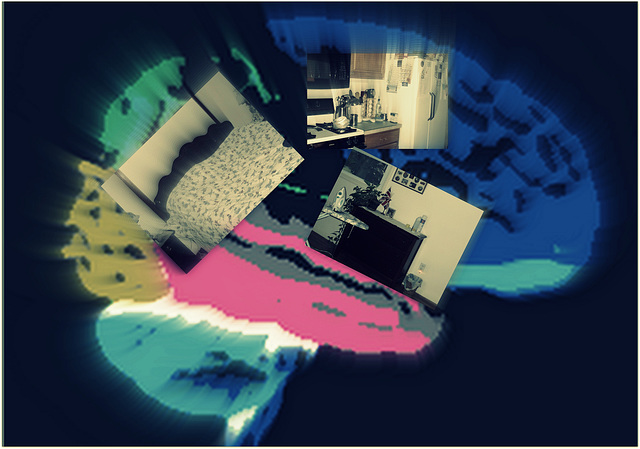Internet map 1024.jpg Wikipedia
LEVIATHAN
Fossil of Language
Cognitive study of Autumn colors
Memories
Thus spake Aristotle
Lesson from Locksmith
Keeping Memories
Language
Cipher as a Code & a Zero
Power of Mitrochondria
Algorithm
The Human Condition
Evolution/consequences
Aristotle
Money/Geld/dinheiro/ 貨幣/ பணம்/ деньги/ অর্থ/ เงินต…
Samskrata ~ Sanskrit ~ संस्कृतम्
What goes with it A or B
Manchester
Identifying the Political Spectrum
Tree in its essential form
From King to supplicant
The Crisis of Print
A computer simulation of a network of cosmic strin…
Knock knock
Song Bird
Abandoning the Concept of Free Will
Language
When is piece of matter said to be alive?
Squeegee Men
Social to the core
Mothers of Invention
The Elephant in the Boa Constrictor
Black Swan & David Hume!!
Fig.8-6. Apologies by political & religious leader…
Arthur Schopenhauer
J.Krishnamurthi & physicist David Bohm ~ 1984
Eratosthenes' Geodesy
"The Mystery of Consciousness"
See also...
Keywords
Authorizations, license
-
Visible by: Everyone -
All rights reserved
-
102 visits
- Keyboard shortcuts:
Jump to top
RSS feed- Latest comments - Subscribe to the comment feeds of this photo
- ipernity © 2007-2024
- Help & Contact
|
Club news
|
About ipernity
|
History |
ipernity Club & Prices |
Guide of good conduct
Donate | Group guidelines | Privacy policy | Terms of use | Statutes | In memoria -
Facebook
Twitter



And so throughout the day we act and feel based on the experiences of other unconscious parts of our brain, and as a result we may grow elated or depressed or suspicious without any clear reason. The sources of those feelings could be as varied as cloudy skies, a fovirite song, an old memory, an unconscious but crippling fear, even the body language of our boss or spouse. These ripple into our conscious mind, and the interpreter makes up stories to explain them to ourselves or to others. It translates them into verbal symbols and rationalizes our behavior. We need those rationalizations to make sense out of the world. or as Jeff Goldblum’s character in the moved “the Big Chill” put is, “Don’t knock rationalization . . . I don’t know anyone who can get trough the day without two or three juicy rationalizations”
But just because the interpreter can tell us stories about our experiences doesn’t mean the explanations resemble reality. After all, we don’t know where most of our thoughts, actions, and feelings come from. But when they force themselves into our consciousness, the interpreter is driven to explain them. “The interpreter demands an explanation for felt states and behaviors. It won’t let go,” says Gazzaniga. “It is an absolutely crucial element [of the human animal], and there really isn’t any evidence that any other species does it.”
Perhaps this is why we appear to be the only self-aware animals: the speaking part of our mind bestows upon us that elusive thing we call our “self.” It may be a grand illusion fabricated by clusters of neurons, but neurons that together constitute the single voice that tells each of us that we are of one mind, even though we are in fact of many. If it weren’t for this voice we would all suffer from a kind of species-wide case of schizophrenia, or multiple personality disorder. Or we might experience life as a series of disconnected events with no “self” to experience, symbolize, or reflect on them. And bankrupt of language and speech, and interpreter that they make possible, you and I would be without that voice in our heads that tells us, “This is you talking” ~ Page 135-136
Sign-in to write a comment.